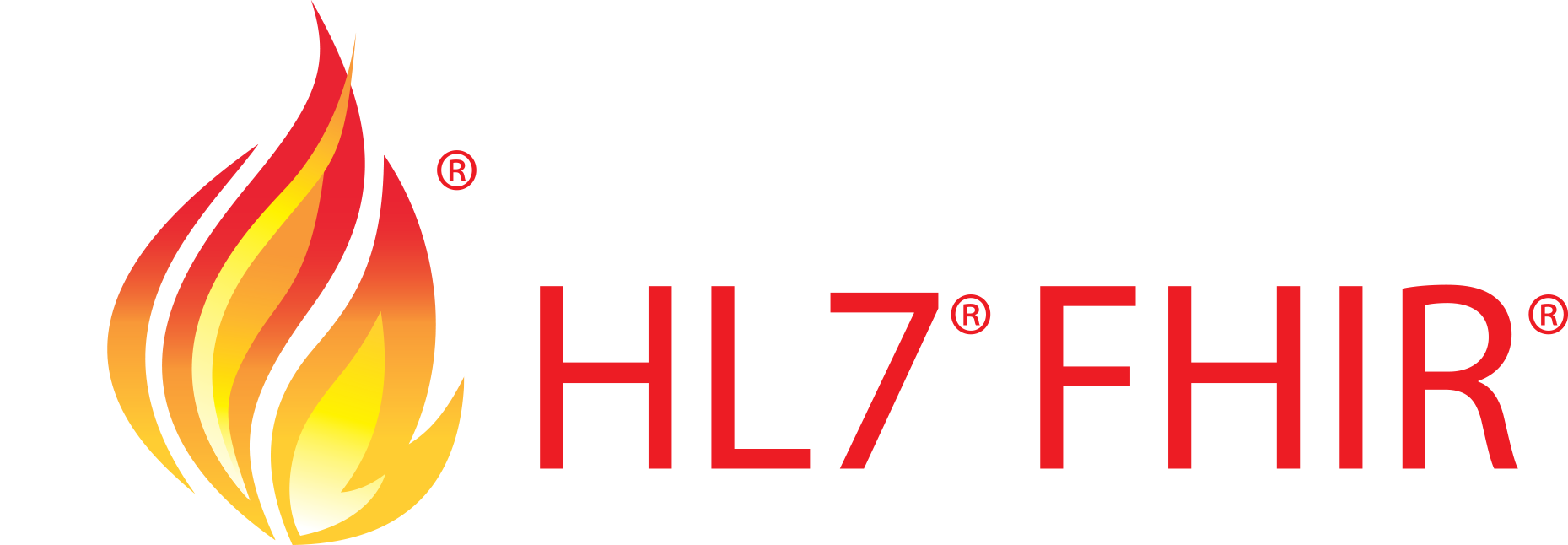
Enhancing interoperability in healthcare through seamless data exchange
Services included:
Application modernization
HL7 FHIR implementation
Architecture
API development
Our client, a leading healthcare technology provider, recognized for driving operational excellence, needed to modernize its integration platform to meet evolving industry demands. The platform's legacy architecture posed limitations in supporting real-time data exchange and advanced interoperability standards like HL7 FHIR. Resolute Software partnered with the client to develop a future-ready integration engine, enhancing its ability to seamlessly connect with next-generation medical devices and healthcare systems while ensuring robust compliance with regulatory standards.

Challenge
The client’s outdated platform struggled with limited interoperability, making it difficult to support the real-time data exchange essential for modern healthcare ecosystems. Integration with advanced medical devices and external healthcare systems often requires manual workarounds, delaying critical processes and increasing operational costs. Additionally, the platform lacked scalability, preventing the client from adopting emerging technologies or efficiently complying with rigorous standards like HL7 FHIR. Resolute Software was tasked with overcoming these barriers by building a future-proof integration engine designed for both current and future healthcare interoperability needs.
Solution
Resolute Software conducted a comprehensive analysis of the platform’s existing architecture and identified areas for improvement. A new integration engine was developed with decoupled architecture to enable real-time, bidirectional communication between the platform and external systems. The solution ensured compliance with both HL7 Version 2.x (backward compatibility) and the latest HL7 FHIR standards while leveraging advanced protocols like TCP/IP and HTTP for seamless integration across devices. The flexible, future-proof architecture minimized redevelopment needs, allowing for the quick addition of new data types and endpoints.
Results
The modernization project delivered transformative results:
-
Enhanced interoperability: The platform now supports 10 HL7 data models and seamless integration with various healthcare systems and devices.
-
Improved compliance: Full compliance with HL7 and FHIR standards strengthened the platform’s position in the competitive healthcare software market.
-
Cost and time savings: The decoupled integration engine reduced development cycles for new integrations from months to weeks, significantly lowering maintenance overhead.
-
Increased value for customers: The client’s healthcare customers benefit from easier regulatory compliance and improved care coordination, empowering them to focus on patient care.
HL7 FHIR
Seamless integration with modern systems
HL7 Data Models
Broader interoperability with third-party apps
Decoupled engine
Reduced time and costs for new integrations




